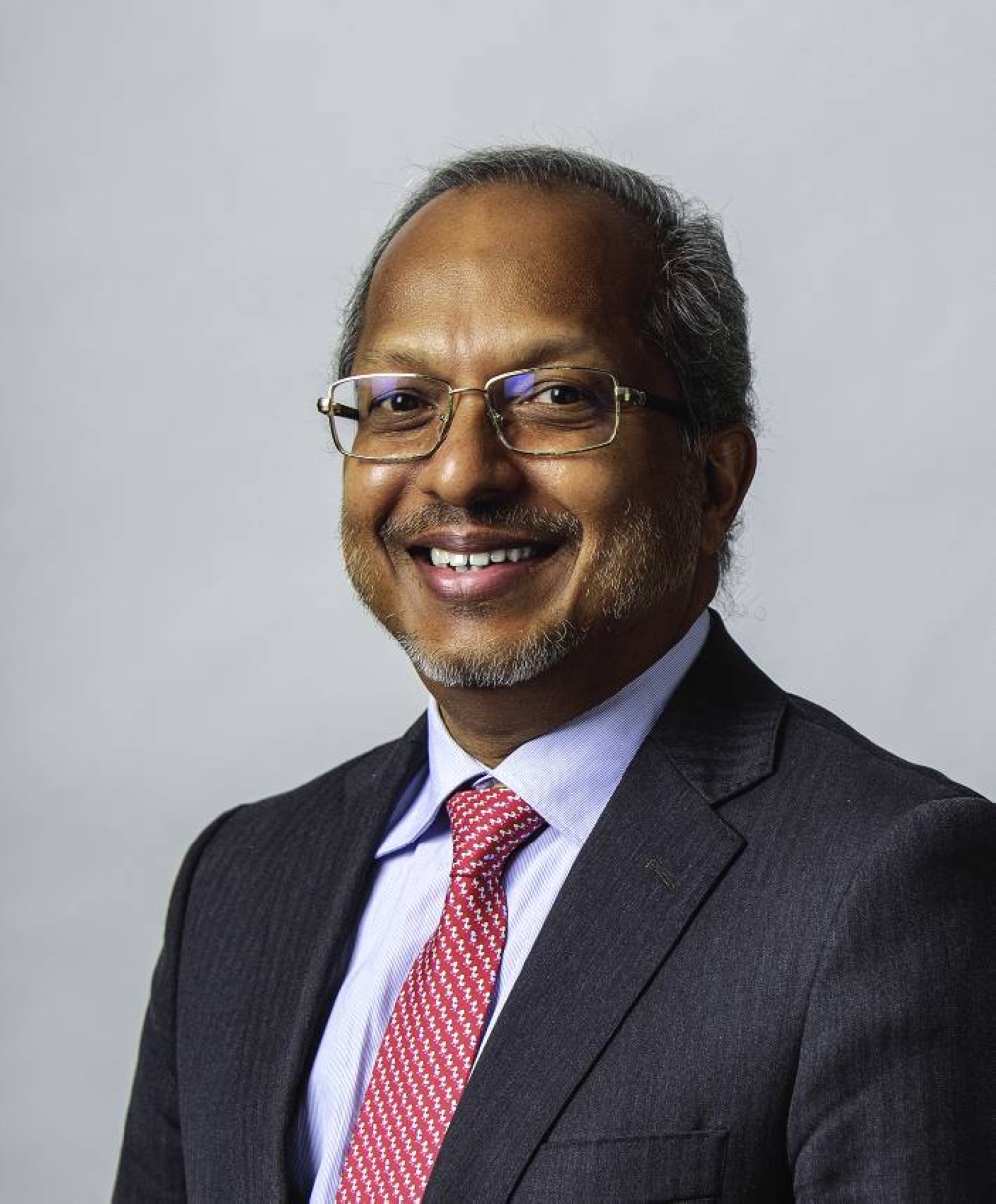As much as 61% of the chief executive officers (CEOs) in the Middle East expect market improvement, with optimism growing more than four times since 2023, according to Arthur D Little, an international management consulting firm.
In the Middle East, the fintech sector will be of primary importance for the future 3-5 years, said the report, which reveals strong economic confidence among leaders in the Middle East.
With the world’s economy showing ups and downs, 37% of these leaders (in the Middle East) still see a steady future, reflecting their trust in the region's economic strength. Only a small 2% expect a decline, which suggests a shared belief that the Middle East is on the rise after overcoming recent obstacles.
The commitment to integrating AI (artificial intelligence) across business operations is seen as crucial to growth and echoes globally, with 54% of Middle East CEOs expressing a strategic vision towards a holistic, company-wide AI deployment, while 96% of global CEOS have already deployed AI in some form.
While regionally 31% confirm the implementation of AI strategies across several departments, an ambitious 13% have already realised a compelling, enterprise-wide AI strategy.
"In the current times of business and geopolitical shifts, it is inspiring to witness the optimism among the Middle East's CEOs for what lies ahead," said Thomas Kuruvilla, managing partner at Arthur D Little Middle East.
Despite acknowledging the continuing unpredictability, these leaders are confident that with resilient business models, strategic clarity, the embrace of AI, and a focus on upskilling their teams, their companies and markets are poised for enduring growth and will actively contribute to the region's prosperous future, according to him.
"AI is more than a buzzword in the Middle East; it's a strategic imperative that's receiving boardroom attention. Our CEOs are not just adopting AI but are strategically deploying it to unlock a new frontier of possibilities,” he said.
Critical to this outlook is the approach towards external growth factors, it said, adding globally, technology innovation remains the key growth driver, with raw material prices becoming a surging concern.
Yet, in the Middle East, the angst surrounding raw material prices and supply chain stability shows a notable decrease, likely attributed to the region's rich energy reserves, particularly oil and gas, the report said.
"Our region is uniquely positioned with technological growth and abundant energy resources, which our CEOs are leveraging to redefine growth models. The emphasis on fintech is not just about financial transactions but about catalysing a tech-savvy economic ecosystem,” Kuruvilla said.

Thomas Kuruvilla, managing partner at Arthur D Little Middle East.

